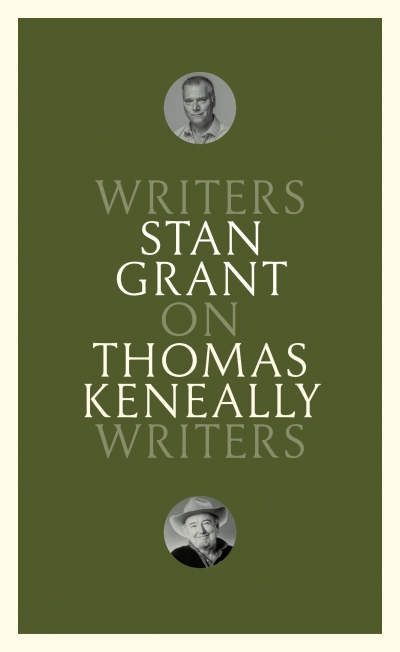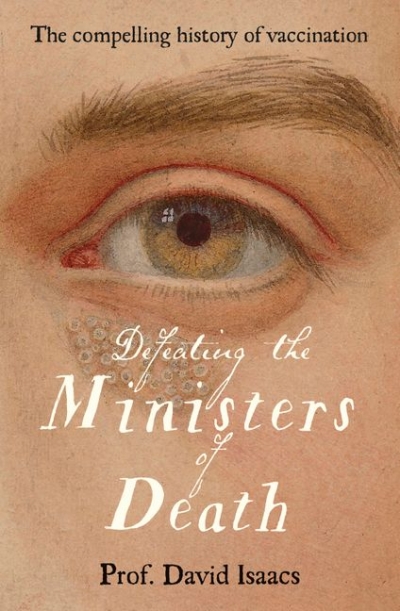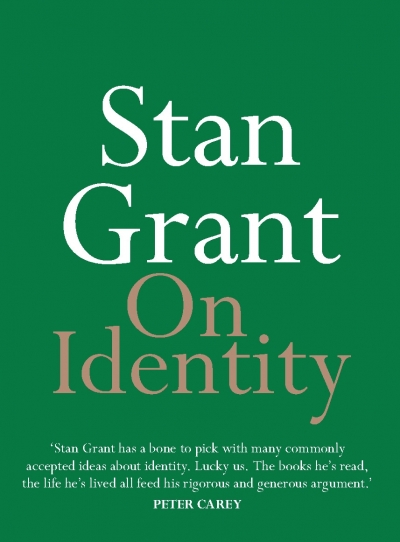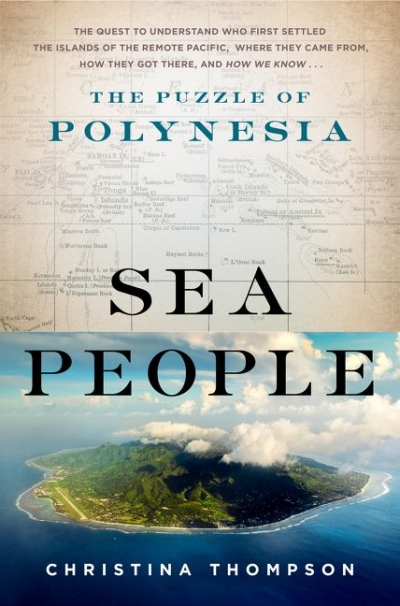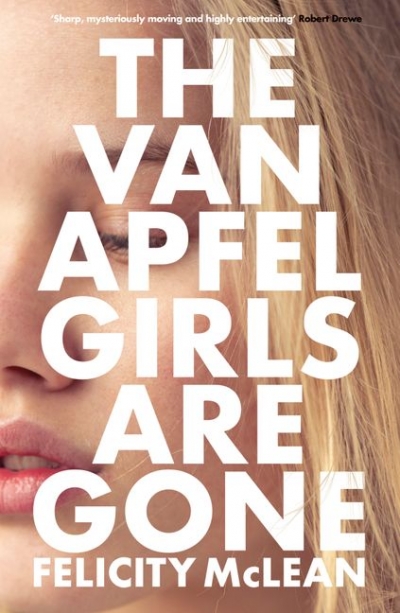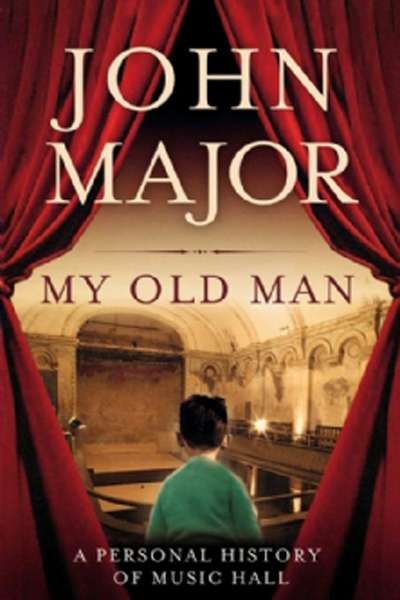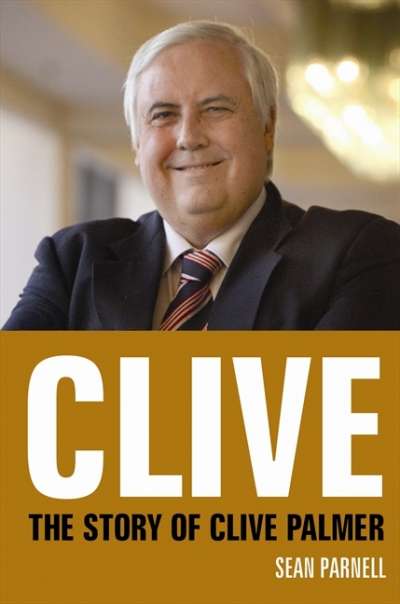HarperCollins
Victory: The inside story of Labor's return to power by Peter van Onselen and Wayne Errington
The Hot Seat: Reflections on diplomacy from Stalin’s death to the Bali bombings by Richard Woolcott
by John Monfries •
Is it tautological to describe a work of fiction as ‘family Gothic’? After all, there’s nothing more inherently Gothic than the family politic: a hierarchical structure ruled by a patriarch, as intolerant of transgression as it is fascinated by it, sustaining itself through a clear us/them divide, all the while proclaiming, ‘The blood is the life.’ Yet three new Australian novels Gothicise the family politic by exaggerating, each to the point of melodrama, just how dangerous a family can become when its constituents turn against one another.
... (read more)On Thomas Keneally by Stan Grant & With the Falling of the Dusk by Stan Grant
by Declan Fry •
Defeating the Ministers of Death: The compelling history of vaccination by David Isaacs
by Euzebiusz Jamrozik •
Sea People: The puzzle of Polynesia by Christina Thompson
by Ceridwen Spark •



